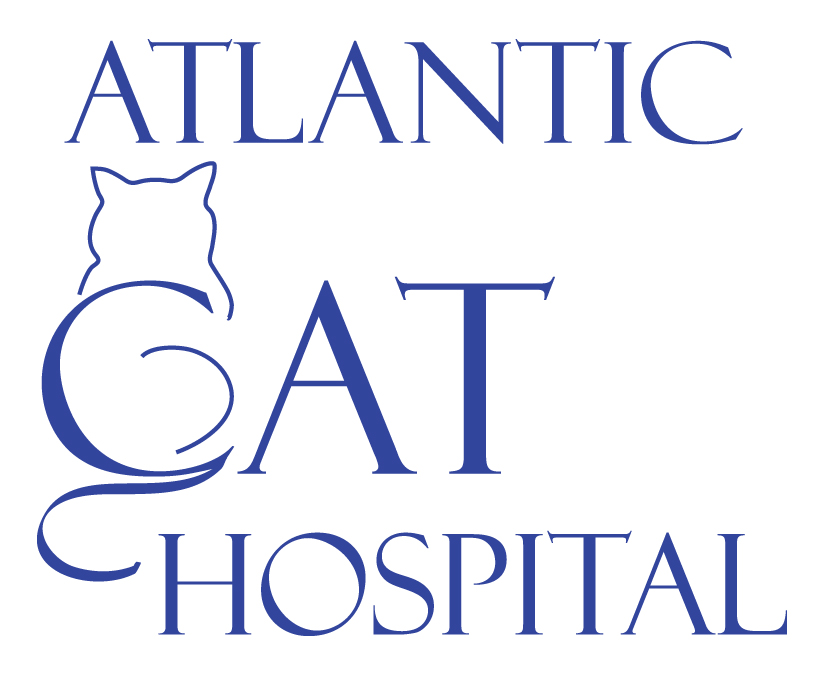Library
-
Hospitals providing curbside care have restructured their practice to avoid the need for clients to enter the lobby and exam rooms. This measure was designed to promote physical (social) distancing during the COVID-19 pandemic; however, it may be used in other situations. This handout discusses the benefits and best practices of curbside care.
-
Genetic (DNA) testing is readily available, whether you are using it for fun to find out what breeds your pet is made up of or if you are looking into possible medical conditions. DNA samples can be collected either from a cheek swab or a blood draw. Knowing which breeds your pet is made up of can help you and your veterinarian prevent or prepare for health issues in the future.
-
Grief is the normal and natural response to the loss of someone or something. It is a full body experience that includes physical, emotional, cognitive, social, and spiritual responses. Grieving takes time. Usually it gradually lessens in intensity over time, but if it doesn’t, then professional counseling may help.
-
This handout summarizes the many options available to help celebrate your pet’s life and ways to help deal with your grief following the loss of your beloved pet.
-
Human personal care products are usually not meant for pets. Commonly used human shampoos, conditioners, medical ointments, and even toothpaste can cause uncomfortable side effects for our pets. Some ingredients in human care products may be toxic. It’s best to gather information about what to share and what not to share with your pet. When in doubt, consult your veterinarian.
-
The two groups of spiders responsible for most medically significant spider bites include the widow spiders (Latrodectus spp., including the black widow spider) and the recluse spiders (Loxosceles spp., including the brown recluse). The clinical signs and treatment of black widow and brown recluse spider bites vary significantly due to differences in their venom.
-
This handout summarizes the differences between brand name and generic medications. Included is an explanation as to why both forms of medications exist, as well as things to watch out for when opting to use or request a generic medication. Cost savings for generic medications are also discussed.
-
Complete and accurate medical records are like a medical diary for your pet. The ability to review your pet’s medical history before the first appointment will allow your new veterinarian to provide exceptional care that is tailored and timely. You can request that your previous veterinary clinic send your pet's records to your new veterinarian.
-
Traveling with your pet can be fun and safe if you plan in advance by finding a pet-friendly hotel. Knowing what you want in a hotel and what the hotel wants from you can simplify the process. And preparing in advance with your pet in mind can make the trip more enjoyable for you and your furry travel companion.
-
Controlled substances are medications or illicit drugs that affect the central nervous system and have the potential for abuse or dependence, both in humans and in animals. These drugs are often needed to manage pain and other conditions in pets and are relatively safe when used appropriately and under the guidance of a veterinarian. Be sure you understand the risks and responsibilities associated with controlled substance use.






